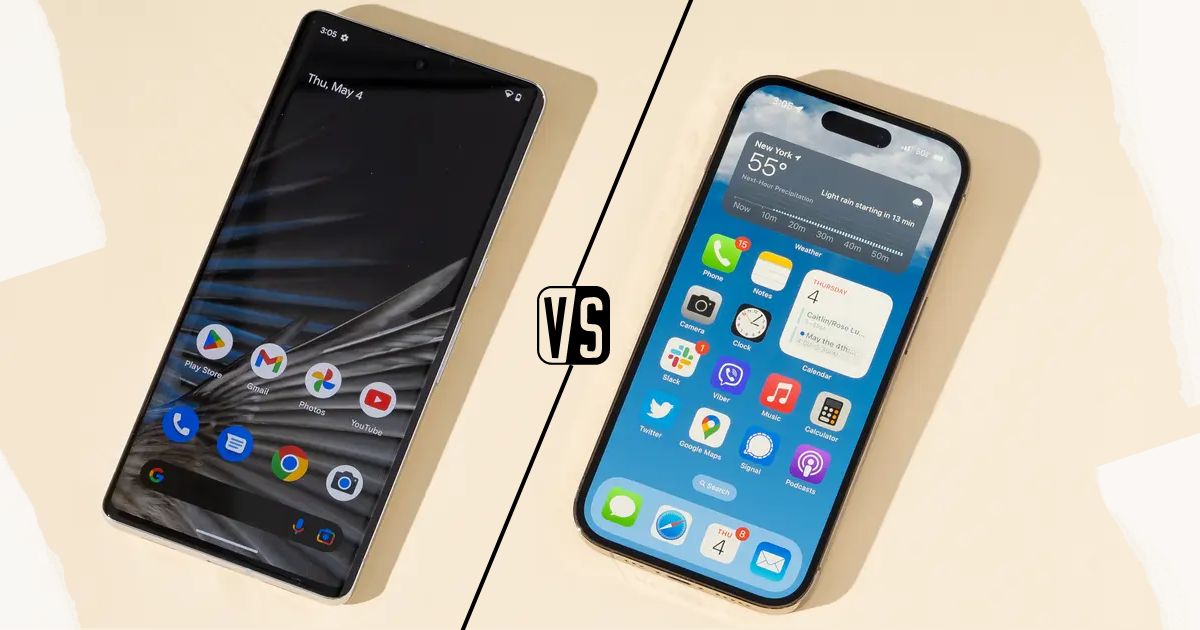In the ever-evolving world of smartphones, two giants stand out: iPhones and Android phones. Each has its unique ecosystem, features, and design. In this article, we'll explore the differences between these two leading smartphone platforms, with a special focus on the recently released iPhone 14. We'll also delve into the world of iPhone 14 back covers.
Operating System and Ecosystems
iPhone Ecosystem: The iPhone operates exclusively on Apple's iOS platform, known for its streamlined interface, regular updates, and app uniformity. The ecosystem is tightly integrated with other Apple devices, making it easy to sync data and share content seamlessly.
Android Ecosystem: Android, on the other hand, is an open-source platform used by various manufacturers. This leads to a wider range of devices and customization options. However, it can result in slower updates and a less uniform experience across different devices.
Design and Build
iPhone 14 Design: The iPhone 14 boasts Apple's signature sleek design, featuring a ceramic back that not only looks stunning but also supports wireless charging. This design has implications for the types of covers and back covers available in the market.
iPhone 14 Covers and Back Covers: Protecting your iPhone 14 is a top priority. The availability of various iPhone 14 covers and back covers ensures both protection and personalization. From rugged cases to slim and stylish covers, users have a plethora of options to choose from, including those specifically designed for the iPhone 14.
App Store and Software Experience
App Store on iPhone: The App Store is known for its stringent review process, ensuring high-quality apps and enhanced security. Users can access a vast range of apps optimized for iPhones, including those that cater to the latest iOS features.
Android's App Ecosystem: Android's Google Play Store offers a wider variety of apps due to its open nature. However, this openness can occasionally lead to security concerns and lower app quality control.
Integration and Compatibility
iPhone Integration: The iPhone 14 seamlessly integrates with other Apple devices through features like AirDrop, iCloud, and Handoff. This ecosystem allows for smooth transitions between devices and efficient sharing of data.
Android Compatibility: While Android devices offer compatibility with a range of products, achieving the same level of seamless integration as the iPhone requires careful consideration of manufacturers and software versions.
Conclusion
In the battle of iPhone vs. Android, both platforms have their strengths and cater to different types of users. The iPhone 14, with its distinctive design and robust ecosystem, continues to capture the attention of many. And with a wide array of iPhone 14 covers and back covers available, users can protect their investment while adding a touch of personal style.
Whether you're an iOS enthusiast drawn to the iPhone's sleek design and integration or an Android aficionado who values customization, the choice ultimately comes down to your preferences and needs.



